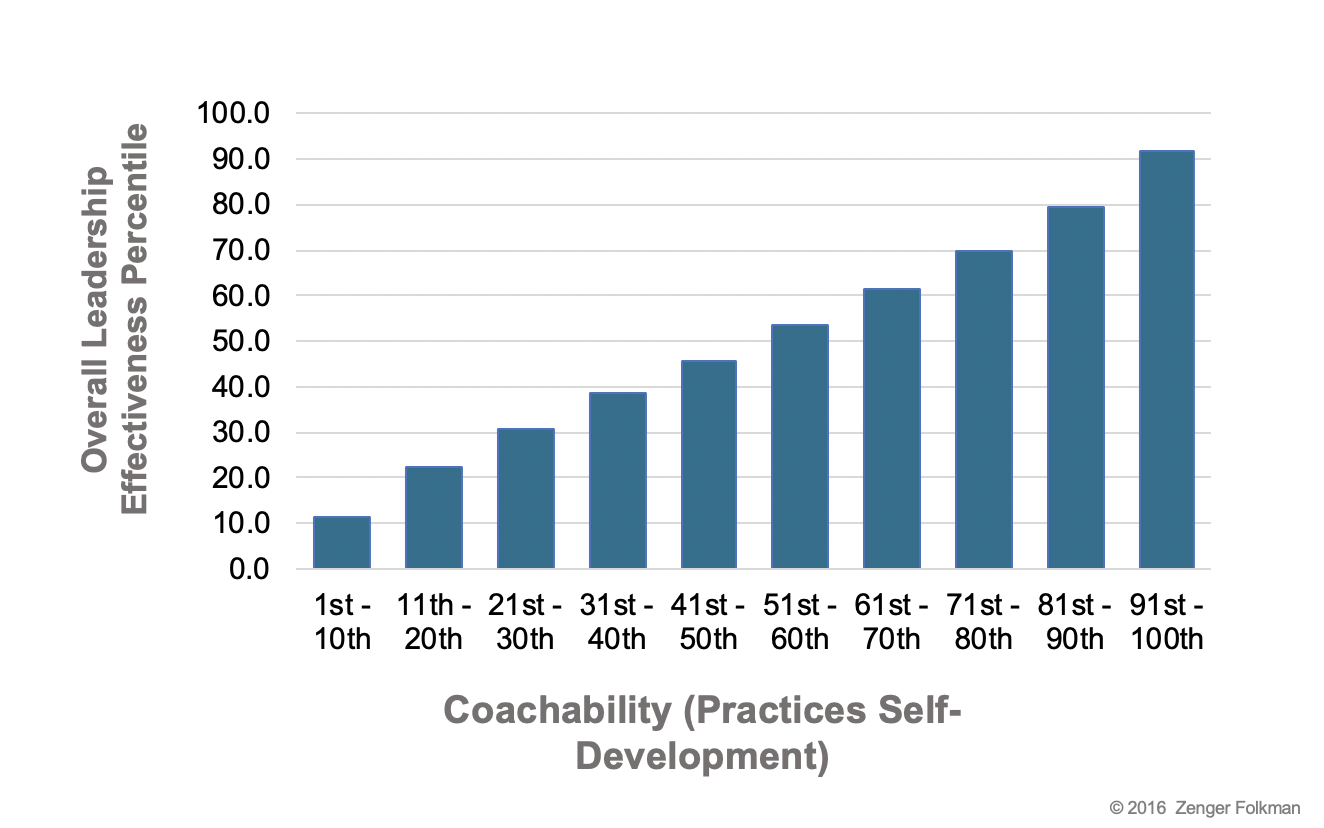Welcome to Coaches Corner – a column for CSA coaches to provide insight, advice, and anecdotes. This week we welcome Wesleyan’s Head Men’s and Women’s Coach, Shona Kerr. Below, Shona offers advice and benefits of being coachable during your college squash years and beyond.
When was the last time you did something for the first time?
This question is posed by Darius Rucker’s song, For the First Time (it’s catchy ;). Isn’t coaching about learning and trying new skills and approaches? Feel free to take a listen and use the song as a reminder.
Why be more coachable?
The benefits extend so much further than on the squash court and permeate into every aspect of life. Employers are looking for it, your success and promotions depend on it, and you’ll be happier for it. You will also become a better squash player, make the starting line-up and win more for you and your team. Coaches and athletes both want this shared outcome, so, why be un-coachable? And by the way, coaches are looking for it when they recruit you. I have collated my own ideas, alongside many others, and hope you will find this useful.
The graph below shows the direct correlation of coachability to future leadership success. The results from a study of over 51,000 leaders found a strong correlation of overall leadership, effectiveness, and coachability as measured by 360 survey ratings and higher levels of coachability. (source: https://www.thecoachableleader.com/case-for-coachability).
The message is clear, being coachable leads to more success. 
Other benefits of being coachable are accelerated learning and improvement across all areas of life. Relationships will be deeper and more fulfilling. The coach/athlete relationship (or it could be a teacher or work mentor) can be very special and, in some cases, become life-long. Achieving goals and new masteries are incredibly satisfying when done in collaboration. At a higher human level, we all need a purpose in life and we all need people to help us toward that purpose. If being open and coachable can get me to that end, then I wholly want to buy in.
I challenge you to truly think through these statements. Case in point, there is no way I would be writing this article without the assistance of many. From learning to write, to the countless coaching experiences I have amassed as an athlete and coach, and then a push from a colleague who said I should go ahead and put this to paper. I am eternally grateful to all the shoulders I have stood upon for these opportunities.
What can you do as an athlete to be more coachable?
- Ask for feedback. This is one of the most powerful things you can do in life across all aspects, not just squash. I have a former student who, when we talk, we always refer back to a particular moment that he chose to ask for feedback – it totally changed our dynamic which is now 10 years strong.
- Ensure you understand the feedback. A classic example in squash is when a coach says “get your racket up”. What does that mean exactly? Should I extend it directly above my head? Of course not, but from that directive it may make sense. A good technique is to re-articulate the feedback to your coach. If you can explain a concept back to the coach, and you both understand progress, the maximum benefit can be achieved.
- Thank the coach (or a boss) for their feedback and confirm your desire for more in the future. It’s important to remain coachable and grateful, not just for one instance or problem.
- Request suggestions of how to improve. Your coach has knowledge to pass to you, take it. The fact is that none of us can do it alone.
- Stay open minded. The best scenario is that you have a new way to do something. The worst thing that can happen is that your coach gives you something that doesn’t work, nothing lost.
- Tip: If you find you react emotionally to an aspect of coaching, take a step back to process and think more clearly (just ask your coach if you can take a moment or two). When the emotion has passed, take a moment to evaluate its source in order to remove that reaction for the next time. To use a term that was passed to me by a friend, this is a weed that needs to be pulled. The more you can eliminate these weeds from the root cause, the more coachable and pliable you can be.
Character Skills of Coachable Athletes
- Learn to love the process and value learning. For example, when working on improving your forehand drop shot, enjoy the feeling of hitting it correctly. Enjoy the feeling of being able to hit 8/10 drops into target vs the 3/10 you started with. Enjoy the activity of improving in order to win more matches rather than improving for the sake of winning more matches – they are different.
- Work to actively change bad habits. Large goals are achieved through thousands of small changes and actions. Improvement comes from stacking these actions upon each other. As an exercise, ask yourself at the end of each day, “In what ways am I better today than I was yesterday?” – make this a habit. Remember, improvement is incremental.
- Set Goals. But remain present and work at becoming 1% better each day. This is a philosophy embraced by James Clear in his book Atomic Habits. For example, if you devoted 5 minutes a day to improving your backhand volley drop. This dedicates 35 minutes a week, which then equates to nearly 2 ½ hours over a month. Done correctly, you should now have a better backhand volley drop that started with just 5 minutes.
- Gratitude and Humility. Ego can get in the way of coachability and holds athletes back from improving. Be grateful that a coach cares enough to make you better and realize that you are not perfect. If you can truly embrace this philosophy, it will help keep unhelpful emotions in check. It is very difficult to receive coaching while overly emotional.
For Parents/Guardians of Athletes
- Support the coach. As a parent you have to be willing to trust in the coach and their process. By not doing so, the student will always defer to your point of view and will miss out on the coaching that is being shared. They will also become a challenging student to coach.
- Students-athletes are a reflection of you. Coachable athletes are the by-product of parents/guardians who recognize the importance of being coached themselves.
In Defense of the Coach
- Listen to what your coach says and not how they say it. Practice a “take no offense, mean no offense” approach to communication. Use this with coaches and teammates alike. This creates a quality culture of communication to allow for effective coaching and teamwork. As stated previously, ensure you understand the feedback and that the coach understands you.
- Your coach is human too. If your coach is having a bad day, it is not about you – trust me! Coaches wear many hats in their lives that they are juggling. They are mom, dad, friend, caretakers, not just coach. And remember, what you say and do can hurt them too.
In summary, the benefits of being coachable are unnumbered – more than can be shared here. I hope this has motivated you to ask someone for feedback, try some ideas from a coach that you questioned, try a little something new each day. Experience how this can slowly open your perspective in so many areas. When someone next asks you, “When was the last time you did something for the first time” – have an answer.



